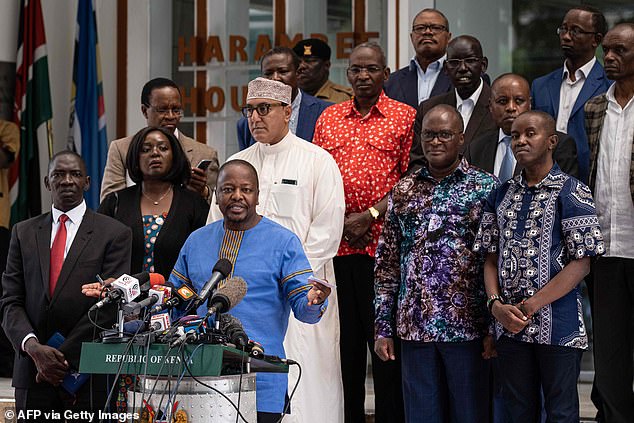Kenya’s stock of external debt has gone up by Sh158 billion in one week after the shilling struggles to with the disrupted normalcy under COVID-19 (coronavirus).
The shilling lost ground against the dollar by 500 basis points, leading to the value of country’s foreign loans as of December last year shoot from Sh3.11 trillion to Sh3.27 trillion. This comes as the country’s reserves of foreign exchange being depleted due to poor financial inflows that have affected tourist receipts and earnings from export.
How coronavirus will affect diaspora remittances to Kenya
Low forex reserves may push the country into a financial crisis where it will have problems repaying the dollar dominated debts.
By the close of trading wednesday, the local currency was trading at 106.5 against the dollar, compared to an average of 101.3 last December. More than half of the country’s debt is from foreigners and a big chunk of it is commercial debt, especially sovereign bonds.
Sizeable chunks of the loans are held by Institutions as World Bank, International Monetary Fund (IMF) and the African Development Bank.
Without adequate dollars of its own, the ministry of finance mostly refinances most of its external loans by borrowing to repay another loan but with the current volatile situation that threatening to plunge the world into recession, Kenya will find it hard borrowing from the international market.

He added that Kenya was among the six African countries likely to experience a significant reduction in tourism earnings, representing between 5% and 10 % of gross domestic product (GDP) and 20% of the total employment.
Other African countries facing this risk are Madagascar, Mauritius, South Africa, Seychelles and Tanzania. Kenya is already seeking outside help in the fight against the COVID-19 pandemic, with the World Bank and IMF pledging Sh122 billion.
Not just to address the health and economic impact of the pandemic, the money will also be used to replenish its forex reserves. The government which has been running on empty made the appeal to the development agencies as COVID 19 crisis continues to ravage the country’s health and economic fronts.
Kenya is staring at a slow economic growth this year, which the Central Bank of Kenya’s Monetary Policy Committee has scaled down to 3.4%, from an initial forecast of 6.2 per cent
This will be the slowest since 2009 when it grew by 2.7 % due the effects of the post-election violence a year earlier and the recession that was felt globally.



















